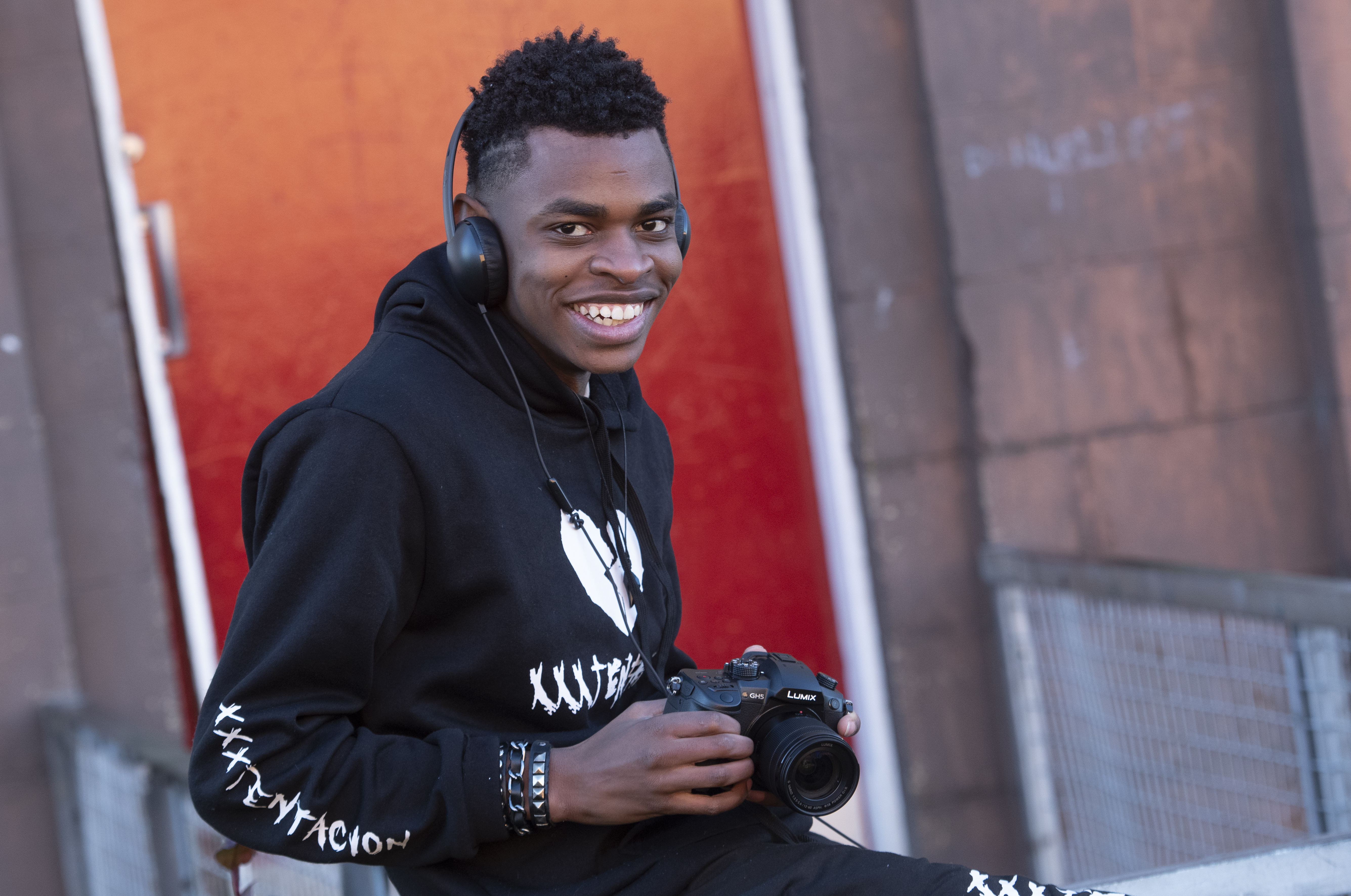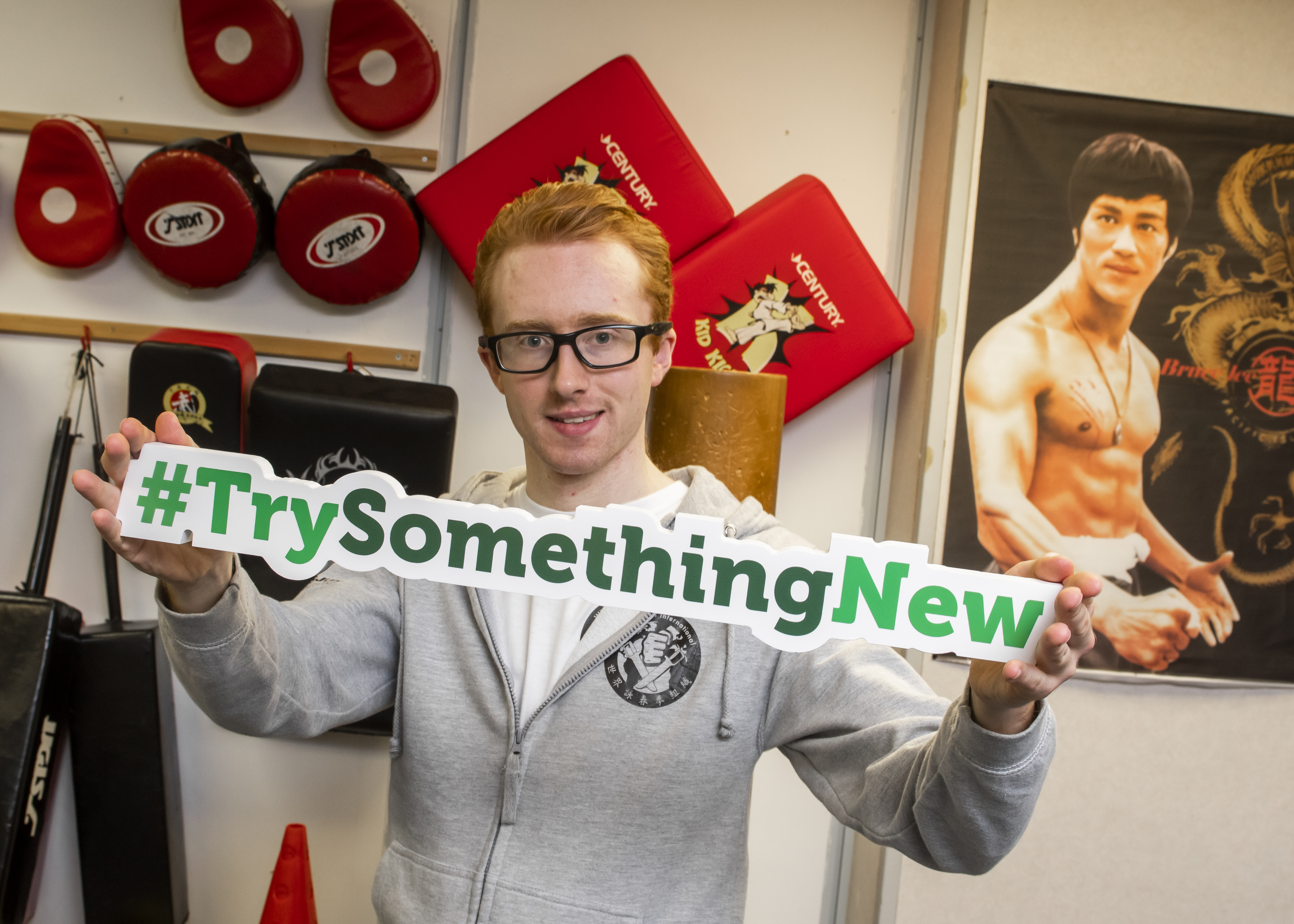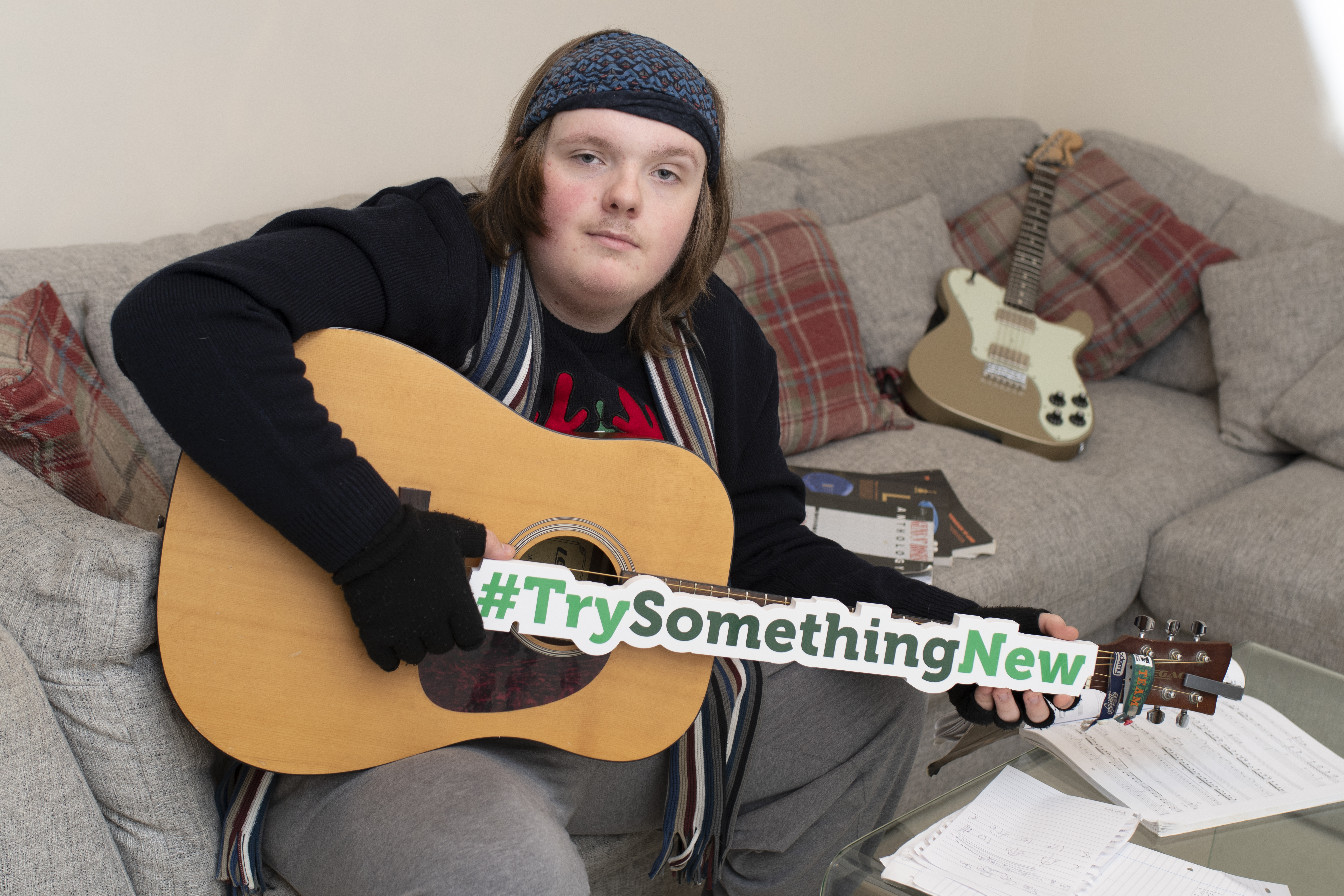ILF Scotland set up the Transition Fund to provide grants for young disabled adults who want to enhance their independence, get involved in the community and try something new.
There are many challenges faced by disabled young people as they transition from childhood to adulthood. These challenges include a sudden loss of access to child services, which can be a huge shock for many young adults with disabilities. Consequently, young people can experience isolation and feel particularly vulnerable during this transitional period.
At a time when many young people are becoming more independent, people with disabilities can actually feel less independent. At ILF Scotland, we aim to help increase young people’s independence by providing grants for disabled young adults to get involved in activities that support their confidence and social interaction.
After consulting with experts and young people with disabilities themselves, we recognised a need for grants that empowered young people to get involved in their communities and try new things. To date, we have provided £1.7 million to young people throughout Scotland through the Transition Fund to help them try something new.
Grants from the Transition Fund give young people the chance to try out new things. Not only does this provide them with an avenue to pursue their passions and interests, it also gives them the opportunity to explore different activities that may not have previously been considered. Increased opportunities expand horizons for young people with disabilities.
19-year-old Thembelani Dube from Edinburgh aspires to become a successful DJ and received funding for music equipment to pursue his passion. Thembelani said: “Receiving money from the Transition Fund meant I had the chance to develop my skills as a DJ, something I have always dreamed of and wouldn’t have been able to achieve without help from ILF Scotland.”

We know that our grants for young disabled people have played an important role in supporting confidence – a key aspect of living a more independent life. The funding we provide has been tailored to empower young people to try new things. This often helps them to challenge or even push themselves outside of their comfort zones.
Ryan Cuzen, 22, received a grant from the Transition Fund to attend a martial arts club, Wing Tsjun Glasgow. Prior to starting these lessons, Ryan, who has autism, struggled with his confidence, and found interacting with new people a challenge. Ryan says that he is thriving and has even taken on a leadership role at the club.
Ryan believes that the experience of receiving a grant has enhanced his confidence significantly, saying: “Thanks to the opportunities the Transition Fund has provided me with I have gone from feeling as though I did not matter to realising I have a role to play in society. I can achieve things, and this has taken my life in a new direction. It has and continues to have such a positive impact on my life. It has challenged me to step outside of my comfort zone as I have grown in confidence.”

Encouraging participation in the community is another benefit of providing grants for young disabled adults.
Although many people without disabilities take being able to get out into the community for granted, it’s not always so straightforward for young people who have a disability. Whether they are faced with a mobility issue, a mental impairment, or struggle with confidence, there are several barriers to meeting and socialising within the community. ILF Scotland’s Transition Fund aims to break down these barriers with grants that encourage activities where young adults can socialise and spend time with others.
Dylan McCreath, 16, from East Renfrewshire, received funding for regular guitar, singing and piano lessons at a local mainstream community college, enabling him to spend more time with his fellow students. Dylan said of his experience with the Transition Fund, “Learning music in a busy college environment has improved my links to the community and broadened my horizons. It has opened up my options in terms of alternative careers and courses.”

Achieving greater independence is absolutely possible for young disabled people, but without the necessary support, this can be extremely difficult. We’ve seen the life-changing difference that providing these grants to young disabled adults can make. Support from the ILF Scotland Transition Fund helps young adults to try out new activities, with the ultimate aim of helping them to live richer, happier and more independent lives.
If you are aged 16-21 and living in Scotland with a disability, or know someone who is, then learn more about how to apply for a grant from the ILF Scotland Transition Fund. Apply for funding and #TrySomethingNew.